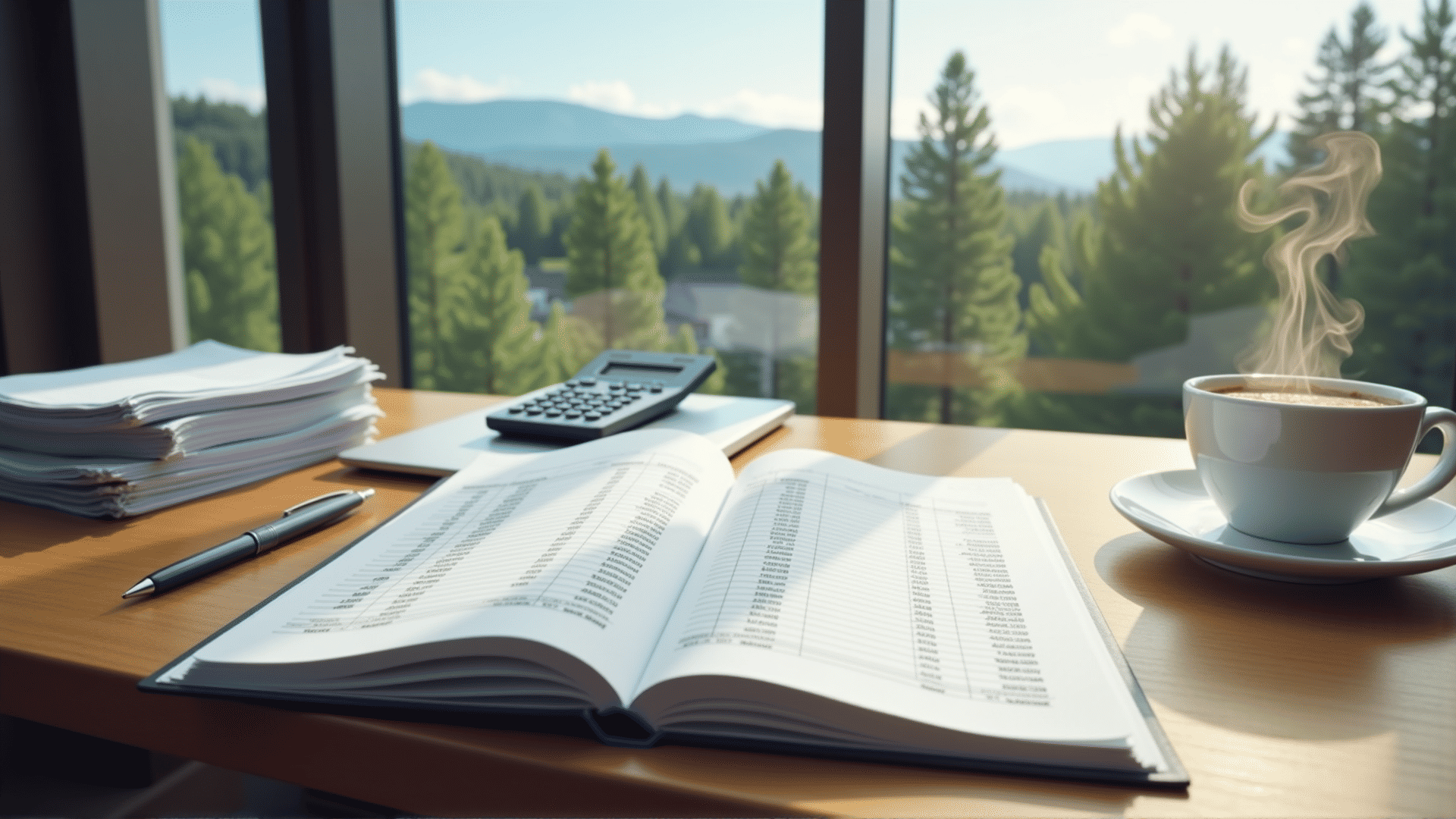Creating and managing a personal budget is an essential skill that empowers individuals to take control of their financial lives and achieve their goals. Mastering this process involves understanding your income, assessing your expenditures, and making informed decisions to optimize your financial health. Here’s a comprehensive guide to help you get started on your budgeting journey.
Understanding Your Income
The first step in crafting an effective personal budget is to have a clear picture of your income. This includes your salary or wages, any side earnings, and occasional monetary gifts. It's crucial to note the net income rather than the gross, to ensure the budget reflects what is truly available for spending and saving.
Tracking Your Expenses
Once you have a good grasp of your income, the next step is to track your expenses. Categorize your spending into essential and non-essential expenses. Essential expenses include things like groceries, utilities, and transportation, while non-essential expenses might cover entertainment or dining out. By tracking where your money goes each month, you'll be able to identify patterns and pinpoint areas for potential savings.
Setting Financial Goals
Having clear financial objectives can help motivate you to stick with your budget. Think about short-term goals like saving for a vacation or a new gadget, as well as long-term goals such as retirement or purchasing a home. Setting actionable and realistic goals will give you something to aim for and can help prioritize your spending.
Creating the Budget
Once you've gathered information on your income and expenses and set your financial goals, it’s time to create your budget. Start by listing your essential expenses and allocate a portion of your income to these needs. Then, allocate funds to your savings and your short-term goals. Whatever is left can be used for non-essential expenses, allowing you to enjoy life while working towards your financial aspirations.
Optimizing Spending
After your budget is in place, find ways to optimize your spending. Look for cheaper alternatives to your daily expenses such as cooking at home more often or using public transportation. Consider reviewing subscription services or memberships to see if there are any that you can cut out or downgrade. Moreover, regularly reviewing and adjusting your budget in response to any financial changes is a good practice to keep everything aligned with your goals.
Saving and Investing
While sticking to your budget is important, the role of saving should not be underestimated. Building an emergency fund that can cover three to six months' worth of essential expenses is a crucial safety net. Furthermore, explore various avenues to grow your savings, such as high-interest savings accounts or simple investments.
Staying Disciplined
The key to mastering a personal budget is consistency. Developing the discipline to follow your budget can be challenging, but it's essential for long-term success. Use tools like apps or spreadsheets to keep track, and consider setting up automatic transfers to your savings account to help stay disciplined. Celebrating small victories and periodic assessments of your progress can also boost motivation.
Mastering personal budgeting is not only about managing money but also about achieving a sense of control and fulfillment in life. With a well-organized budget, you can reduce stress, build security, and lay the foundation for pursuing your dreams. Start today, and the benefits will last a lifetime.
